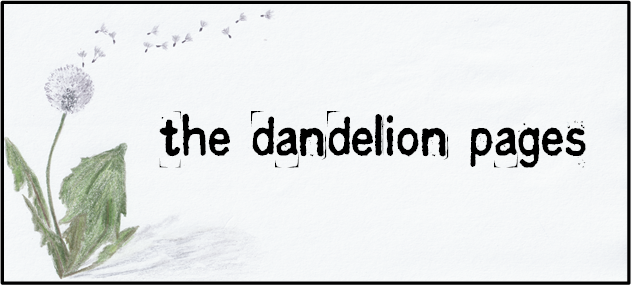
Establishing care with a new doctor means having to answer seventeen pages of questions about every detail of one’s history. It cannot be avoided, and it makes me a bit grouchy, touchy. There are too many medications to recall, a depression screening that I have to lie on because it wouldn’t give an accurate picture of me, and the family history. I leave large sections of the forms blank, but they still have to be reviewed.
“Is your father still living?” the nurse asks.
“Yes,” I say.
“Is your mother still living?” she asks.
I squint and wrinkle my nose for a second, then say, “Probably.”
It’s an accurate answer. It’s been about a month since I casually checked online for an obituary and didn’t find one.
I ended our relationship in 2018. It was a time when her e-mails about the squash in her garden and when it might rain later and passive-aggressive reports about my sisters (that she knew I did not want to hear) had begun to make me simmer. She would not call; she would e-mail once every few weeks, and it would always be about the weather, mowing the lawn, squirrels getting the pecans from the tree. She spent so much time when I was growing up, then grown and gone, staring out that back door, just staring, that it was no wonder it comprised the bits of the world that made her feel safe.
It made me angry. I wouldn’t have given her more than my own squash garden – a project James did in school, how the dogs were doing, the weather forty-five minutes away and how we got more snow than they did – because when I was twelve, she read my diary and took from me what I would never have willingly given her.
I was already a writer. The contents were about the depths of my being, not hearts and doodles, not passages about crushes on boys or clues about a first kiss.
She had the gall to leave it open, face down, on my bed, so that when I returned home from school that day, I would know she had read it. I think she was expecting some kind of breakthrough in our flavorless relationship, a saccharine connection, but all I could do was stand and stare at it and wait until she finished saying words and walked away, so I could close my bedroom door and never open it for her again.
All these years later, I would not have given her more than squash, because she violated me. Yet I also held anger because she was emotionally unavailable from the time of my inception, vague, inert, cooking dinner dutifully and providing transportation and clothing as expected, custodial care; the rest of the time, staring out of that back door window. Just staring.
So we sent e-mails about squash and dogs and weather right up until the day she came out of left field and rebuked me for saying “god-damned” in a previous e-mail. She had begun attending church with my sister Kathy and, unbeknownst to me, had consumed an awful lot of Kool-Aid there. I’d had no idea. I took the Lord’s name in vain and she ripped me apart and told me I had broken her heart and she was very, very offended on behalf of her Savior who had died for her sins and redeemed her.
I thought about this. I thought about it for days. I remembered how peaceful the five years were when she rejected me after I came out and we didn’t have contact. I thought about guilt and responsibility. I thought about social duty and self-care.
I thought about a lot of things.
I wrote a final e-mail, and it wasn’t about squash. It was about the weather. I brought the storm.
Then I blocked her number, her access to me online, at the post office, everywhere. I closed my bedroom door and locked it.
I’ve had five more years of peace since then, and I do not intend them to end. I think about her sometimes because I’ve processed our dynamic and I can comfortably tolerate my ambivalence. I don’t love her, and I don’t hate her. I look for her obituary now and then because my sisters might need my signature on something that says they can leave me the fuck out of the probate of her estate.
None of them knows I live in Vermont. None of them knows I’m free. And this year, we grew some god-damned fine zucchini in our garden. There was a lot of rain, but it grew anyway.




